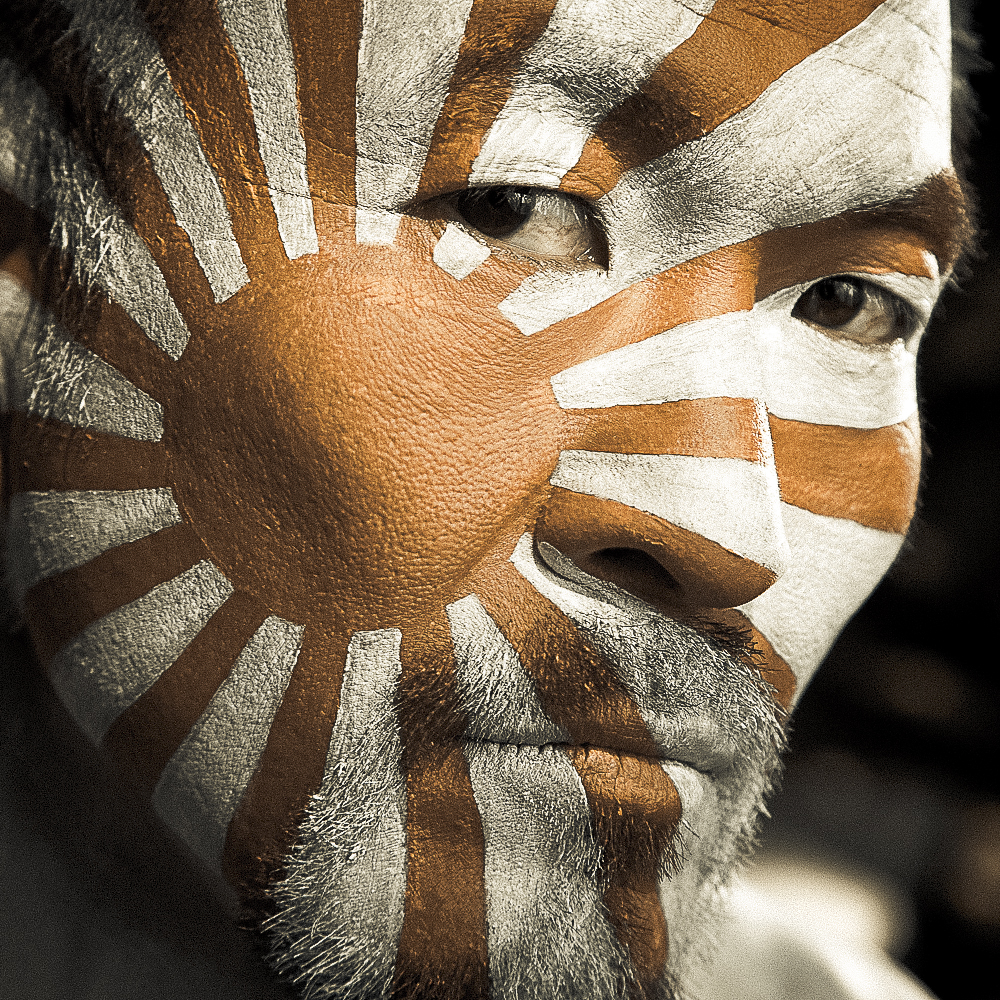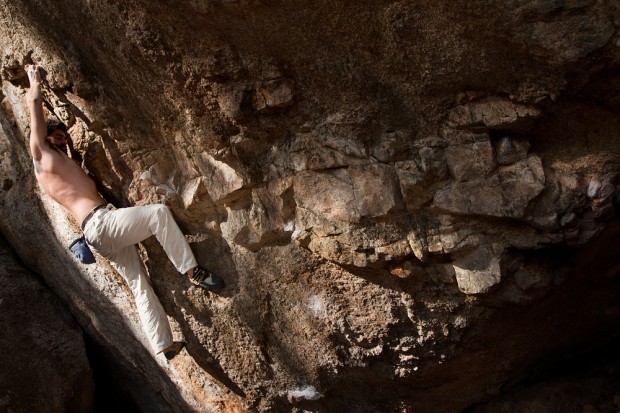I had an opportunity last night for a new photographer who has asked on a couple occasions if he could help out during a shoot. My job was a dramatic last min “URGENT,” “ASAP” request to shoot video of Tokyo streets bathed in their famous neon onslaught. I mistakenly assumed this would be a straightforward job and one that would welcome an extra hand either behind the wheel or on camera. However, while the night unfolded and I continued to receive emails I soon realizing the job had very exacting parameters. My assistant was unable to make his schedule work and initially I was disappointed at the loss of a second hand but as the night progressed I was relieved he was not present for what turned into an epic failure on all fronts.
Let me first convey I have not always brought back “The Shot” from an assignment or project but I have always brought back “A shot.” In fact it is a point of professional pride to be counted on as the guy who will never return empty handed. This self-imposed code is likely a remnant of my newspaper days. For example, if I was sent to a crime seen with no access, at the bare minimum I was expected to capture the crime scene tape with the house in the background. The career suicide accompanied by an empty handed return was not an option, at least not in my mind. That said, last night I came back with no more than four takes, all of which are essentially useless to the client. I came back empty handed!
Granted, I got this request at 11:30pm the previous night and left at 4the next day for Tokyo not even sure the job was a go. I was still getting brief updates and changes until 10pm the night of the shoot including frame rate changes, panning direction, and blocking timing. I had minimal scout time and no street permit, chase car, assistant, or their desired camera. This was all being done on the wire across large time differences and yet that’s the job. It’s not the way I like to do my job but I would make it work. Then Tokyo stepped in, as it often does, to enact its pound of flesh.
I needed a neon rich environment. That meant I needed a busy street, but I was also tasked with an important 4 seconds clearance behind my car before pulling into the hero spot. I drove all over town looking for this and the only way I could do it without shutting down a lane was to wait for the streets to empty. I figured by 11:30-Midnight I would get my window. What I did not count on was at the exact time when people are rushing to catch the last train out of the city they begin turning off a large number of the lights and neon signs I needed for the ambient light. What on the scout was a glowing bustle was now a black hole. Ok, so we can work with this, change the setting and do what you can. But the city was not done with me yet.
A brutal logistic of driving in Tokyo, it is no joke to reverse directions, you can go a long way out of the way to get back to your start spot. By the time I finished my second run and returned to the start spot night road construction and traffic sprung up. There would not be a clear shot or my much needed 4 seconds till five in the morning. I was scuttled and headed home at 2:30 with my tail tucked between my legs. I failed.
Driving home I initially thought it was serendipitous the assistant did not make it. Then I took a step back and thought about the powerful lessons to be found in the failure. The necessity for quality scouting is invaluable. Knowing what your scene will look like when you intend to shoot, how it will look through camera, does the client approve, what environmental elements might hinder your shot, can you work around it, the list is long. Quality communication with the client, agency, Production Company is also so important. Knowing what everyone needs from the shot and what you need to do technically to achieve it. Having the right team to support you if and when things go wrong. This includes everything from your on set team to your agent, agency and even the shoot insurance or back up shoot day.
I don’t know what the time or budgetary constraints were on this job, I was a last minute band-aid and in the end it just seemed like I could not get a break. It would however have made a good teaching aid and reminds me about some production aspects to look out for in the future. Everything helps to ensure that this is the last time I come home empty handed.




